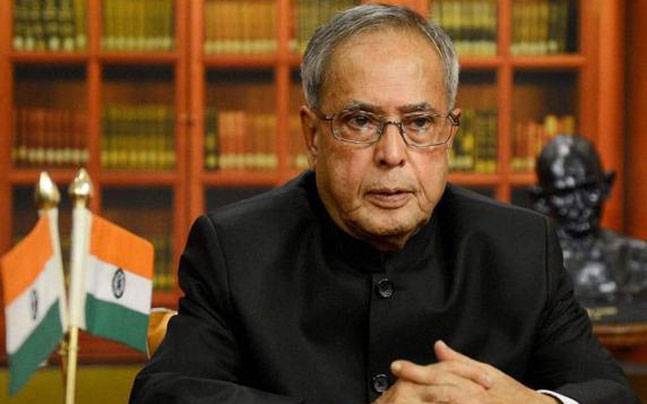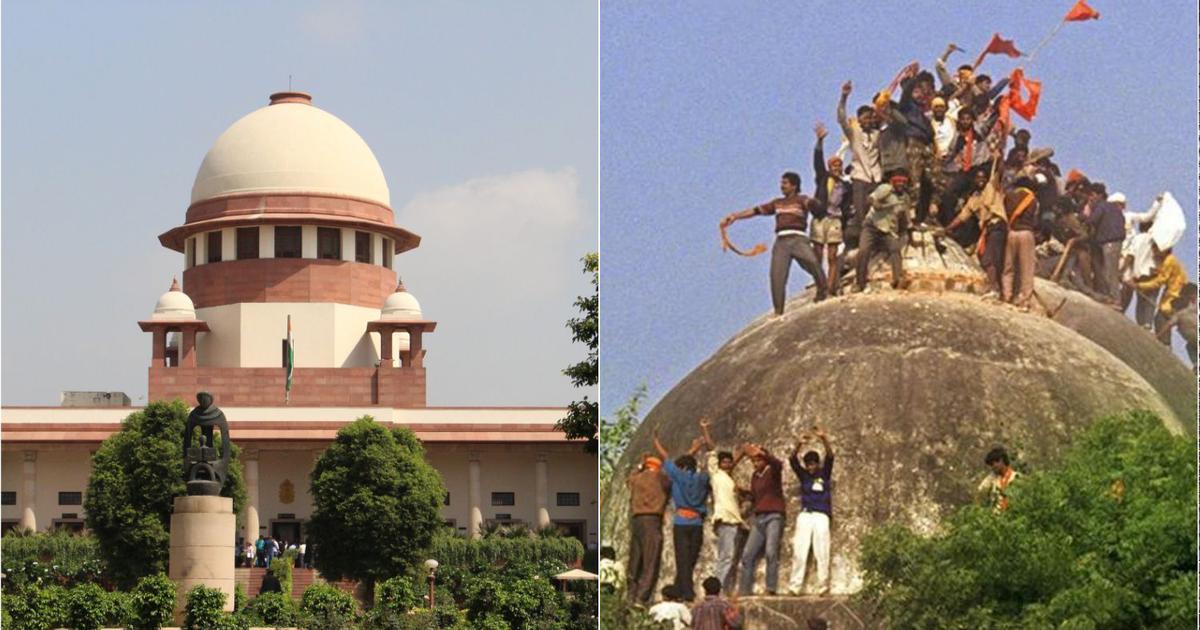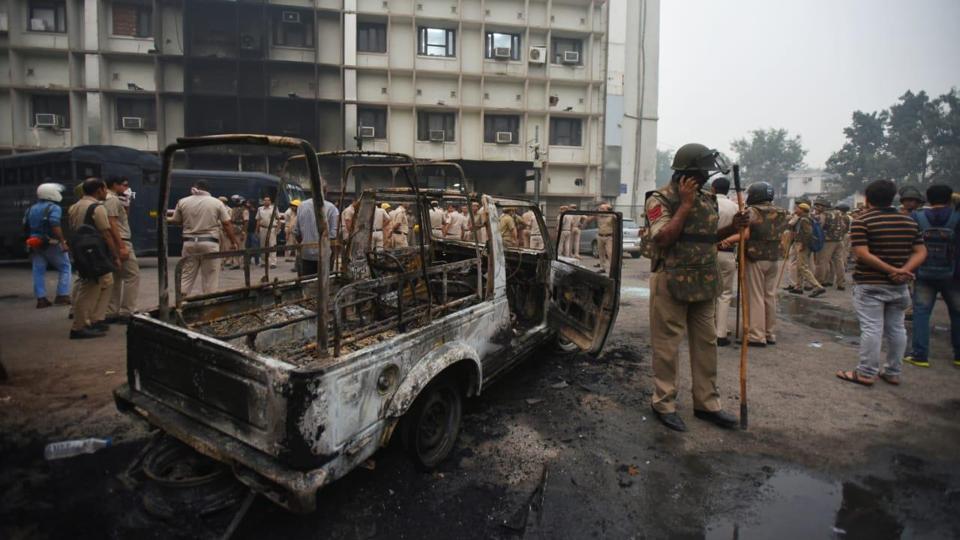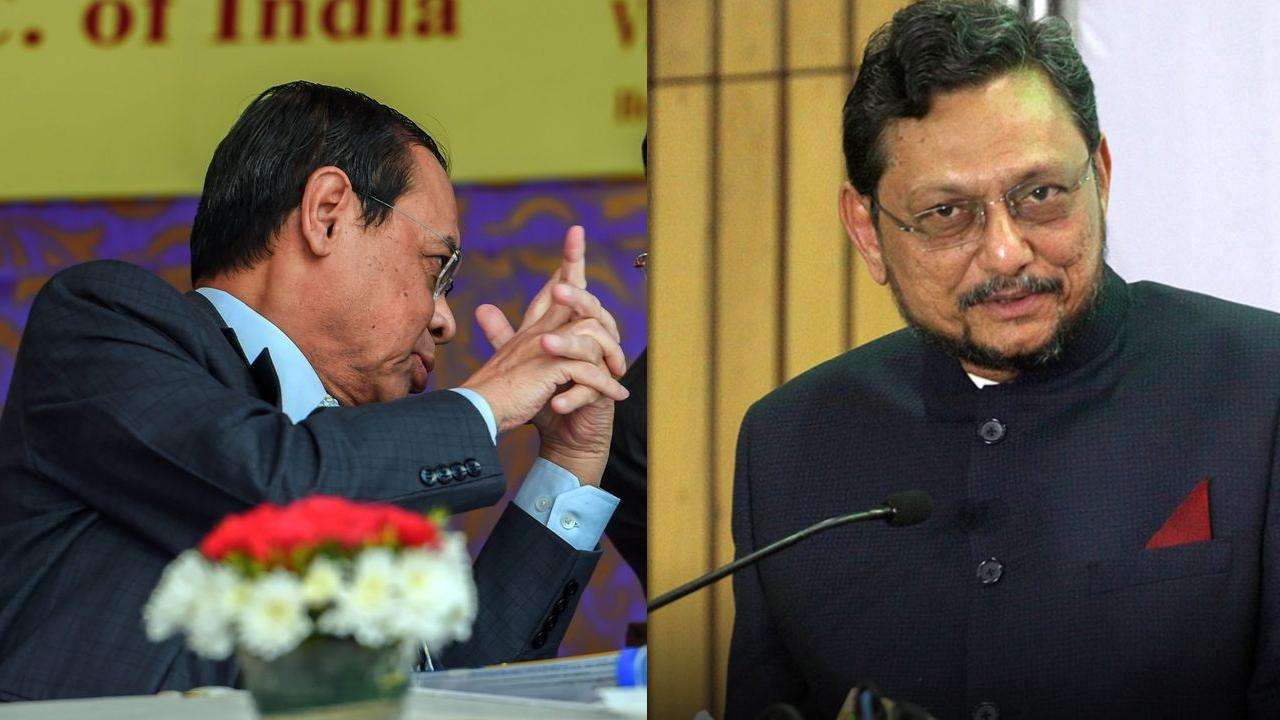President Mukherjee ’s `Robotic’ Use Of His Powers To Reject Mercy Petitions
By Vkeel Team
The President Mukherjee, has as such, under Article 72 of the Constitution, rejected leniency petitions from 36 passing line convicts, drove the capital punishments of three convicts, and has three kindness petitions pending for his choice since August 8 this year. Of the 36 convicts whose benevolence petitions were dismisses by him, three have been hanged, 17 have been fruitful in getting the Supreme Court or the high court drive their capital punishments by putting aside the dismissal of the leniency petitions, while the rest of the 16 are swaying amongst life and demise, as they have not depleted the legitimate cures accessible to them.
As he finishes his term as the President in July one year from now, he may get a kick out of the chance to ponder the legacy which he leaves for his successors. There is most likely the President, under the Constitution, is bound by the pastoral counsel offered to him, on whether to acknowledge or dismiss a benevolence appeal to from a passing line convict. Does this make the president mukherjee a unimportant elastic stamp?, asks Gopalkrishna Gandhi, writer of the late book, Abolishing the Death Penalty: Why India Should Say No To Capital Punishment (Aleph, 2016), and answers in this manner: “Elastic stamps don’t really accompany elastic handholds.
Also See: Amitabh Bachchan to Play a Lawyer in Shoojit Sircar’s ‘Pink’
They can be made of firm wood and, here and there, even steel. What’s more, they can utilize their own, not the ‘state issued’, inking cushion of unvarying fuchsia.” The creator includes that a president can acknowledge without dispute the administration’s recommendation on whether a benevolence request of a demise push convict ought to be rejected. Then again, the president can on the off chance that he so wishes to, make inquiries, make remarks, and look for elucidations before he affirms capital punishment or weakens it to life detainment.
What the creator includes here is critical: “When the president mukherjee asks sound inquiries that conflict with the administration’s recommendation, it is consummately conceivable that he can event some reexamining in the legislature and really change the course of the case.” Some presidents, Gopalkrishna Gandhi says, have not pained the legislature with qualms, others have; To allow assessments and revaluations to unearth the elements of a capital punishment case is not a demonstration of stalling but rather of obligation. It is both shrewd and humble. To not do as such is incautious and egotistical. It is additionally insensitive, he proposes. Gopalkrishna Gandhi considers President Mukherjee as a retentionist, while sorting previous presidents, K.R.Narayanan, A.P.J.Abdul Kalam and Pratibha Patil, as abolitionists. He watches, “Presidential slants can’t shape the last angle to the hangman’s tree.
A leniency appeal to can’t be helpless before small time’s personality, yet sifted by legislative counsel. That is valuationally loathsome in a vote based republic represented by the govern of law.” In the arrangements of Article 72, the writer says, lie a rationality deficiently clarified, that requires the official investigation of a benevolence appeal to be trans-legal however not un-sensible, to be an extensive canvas but rather not a clean slate for presidential expressionism. No man’s life can be left to the benevolence of another man’s prudence, he is clear cut. “Raisina Hill is not the Purana Qila, nor Rashtrapati Bhavan the Red Fort”, he says compactly. The book is a clear investigation of the contentions for and against capital punishment, and is probably going to change over a retentionist into an abolitionist. Is the nullification of capital punishment conceivable in India?
Also See: Pratapgarh Lawyer shot dead on way to court
All the more regularly, pioneers and establishments move along the grain of winning general supposition. Those in India are the same as this worldwide marvel. Yet, is it an indication of being law based? To Gopalkrishna Gandhi, it is an indication of good unventuresomeness and scholarly weakness. Francois Mitterrand of France and Nelson Mandela of South Africa, enormously helped by two non-political legal judgment skills, Robert Badinter and Justice Arthur Chaskalson, separately, drove instead of permitted themselves to be driven by changeable general conclusion. Badinter was a French criminal attorney, college educator, government official and extremist against capital punishment, whose cancelation he effectively supported in Parliament in 1981.
Mitterrand picked him as his Minister of Justice, in the wake of coming to control. Arthur Chaskalson was President of the Constitutional Court of South Africa from 1994-2001 and Chief Justice of South Africa from 2001-2005. The court’s first significant choice under his initiative, was the abrogation of capital punishment on June 6, 1995. To cancel capital punishment, India needs to sit tight for its Badinter and Chaskalson minutes.
President Mukherjee
Disclaimer:
The information provided in the article is for general informational purposes only, and is not intended to constitute legal advice or to be relied upon as a substitute for legal advice. Furthermore, any information contained in the article is not guaranteed to be current, complete or accurate. If you require legal advice or representation, you should contact an attorney or law firm directly. We are not responsible for any damages resulting from any reliance on the content of this website.











